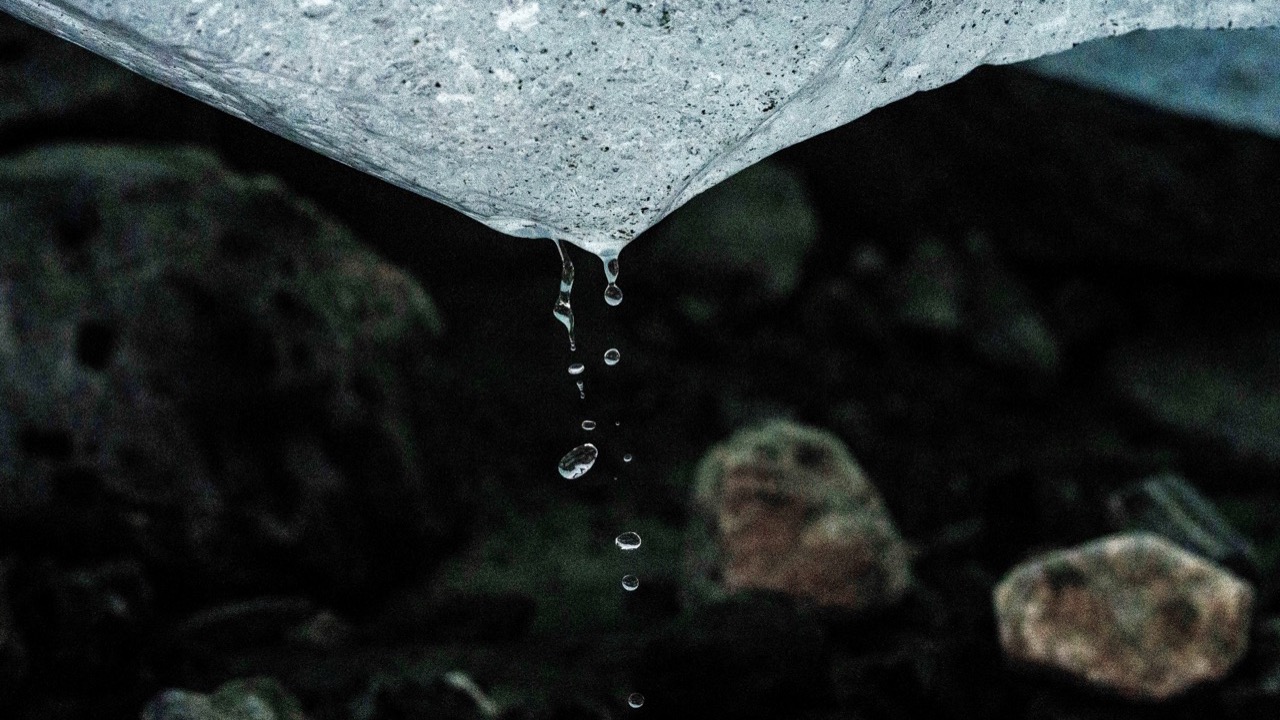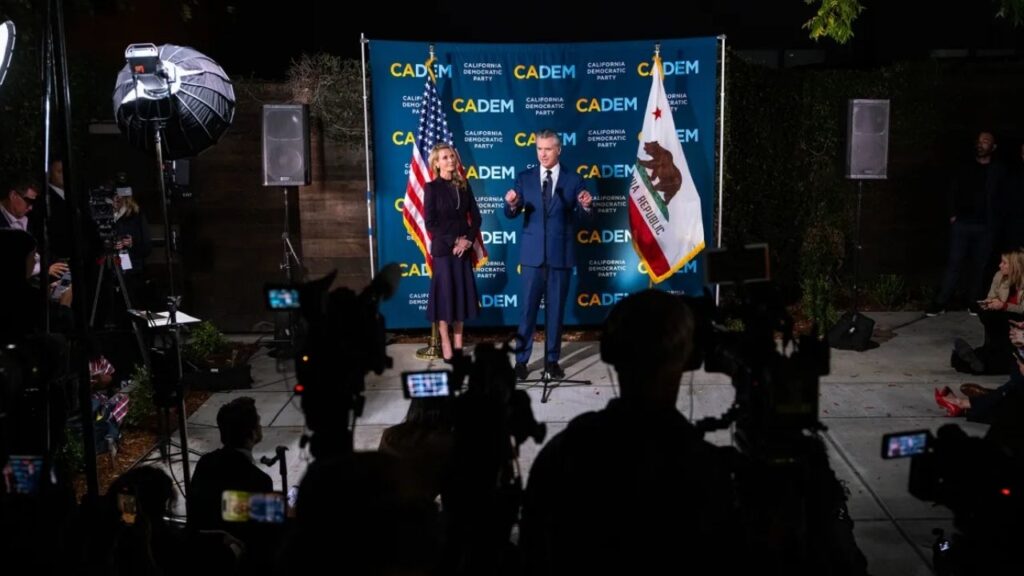A comprehensive study reveals that global glacier melt has more than doubled since the early 2000s, raising concerns about climate change impacts. (AP File)

- Glaciers are melting at an alarming rate, with a record 604 billion tons of ice lost in 2023 alone.
- Alaska's glaciers are melting fastest, while Central Europe's have lost the highest percentage of ice since 2000.
- Experts warn that the accelerating glacier loss will have significant impacts on water resources and sea level rise.
Share
Climate change is accelerating the melting of the world’s mountain glaciers, according to a massive new study that found them shrinking more than twice as fast as in the early 2000s.
The world’s glaciers lost ice at the rate of about 255 billion tons (231 billion metric tons) annual from 2000 to 2011, but that quickened to about 346 billion tons (314 billion metric tons) annually over about the next decade, according to the study in this week’s journal Nature.
And the last few years, the melt has accelerated even more, hitting a record 604 billion tons (548 billion metric tons) lost in 2023, the last year analyzed.
The study drew on an international effort that included 233 estimates of changes in glacier weight. In all, the world’s glaciers have lost more than 7 trillion tons of ice (6.5 trillion metric tons) since 2000, according to the study.
Related Story: Study Says Climate Change Made Conditions That Fed California Wildfires More Likely, More Intense
Accelerating Glacier Loss Raises Concerns
“The thing that people should be aware of and perhaps worried about is that yes, the glaciers are indeed retreating and disappearing as we said they would. The rate of that loss seems to be accelerating,” said William Colgan, a glaciologist for the Geological Survey of Denmark and Greenland and one of about 60 authors of the study.
Glaciers in Alaska are melting at the fastest rate of any of the 19 regions studied, losing about 67 billion tons (61 billion metric tons) of ice a year, producing the biggest net ice loss, the study found.
In the past 24 years, Central Europe’s glaciers have lost the highest percentage of ice of any region, now 39% smaller than they were in 2000, the paper said. Colgan said he worries most about the Alps because “elevated summer temperatures have been hammering the Alps. ”
Fifteen years ago, scientists were worried most about the Andes and the Patagonia glaciers, but the Alps have shrunk so fast they could eventually disappear, Colgan said.
Glaciers as Climate Change Indicators
“Glaciers are apolitical and unbiased sentinels of climate change, and their decline paints a clear picture of accelerated warming,” said Gwenn Flowers, a professor of Earth Sciences at Simon Fraser University in Canada, who wasn’t part of the study.
University of Colorado ice scientist Ted Scambos, who also wasn’t part of the study, said glaciers shrank and grew in the past for local, well-understood reasons that were not climate change. What’s happening now is different and clear, he said: “It’s due to greenhouse gas increases caused directly by coal, oil, and natural gas burning. … No amount of rhetoric, tweeting, or proclamation will change that.”
Scambos, Flowers and other outside scientists called the assessment sobering and accurate but not surprising.
Related Story: New York to Charge Fossil Fuel Companies for Damage From Climate Change
Implications for Water Resources and Sea Level Rise
Colgan said that many places — such as those in the U.S. West — are seeing extra water now from fast-melting glaciers and benefiting from that boost, but that will soon disappear as the glaciers melt beyond a point of no return.
Melting glaciers contribute more to sea level rise than ice loss in either Greenland or Antarctica. Only the expansion of water as it warms plays a bigger role in sea level rise, the paper said.
The overall glacier loss rate is similar, if maybe slightly less, than that found by earlier and less comprehensive studies. But this new work will probably trigger new predictions that will be even gloomier in the future because of better information and worsening warming, Colgan said.
“If you’re losing 5.5% of the global ice volume in just over 20 years, clearly that’s not sustainable,” Colgan said. “That’s going to catch up with you.”
The more than 600 billion tons of glacier loss in 2023 “sounds incredible now, but it might sound pretty normal in 10 years from now,” Colgan said. “Mountain glaciers as a whole can flip into collective ice loss pretty darn quick.”




















